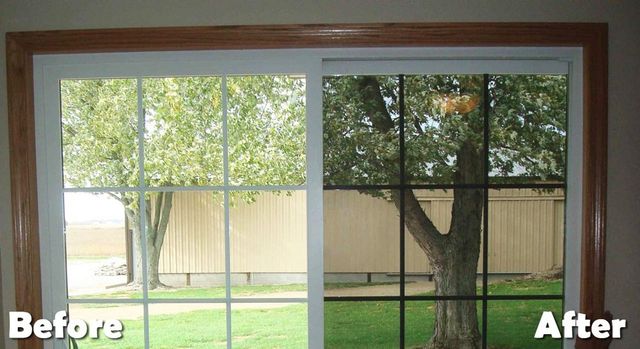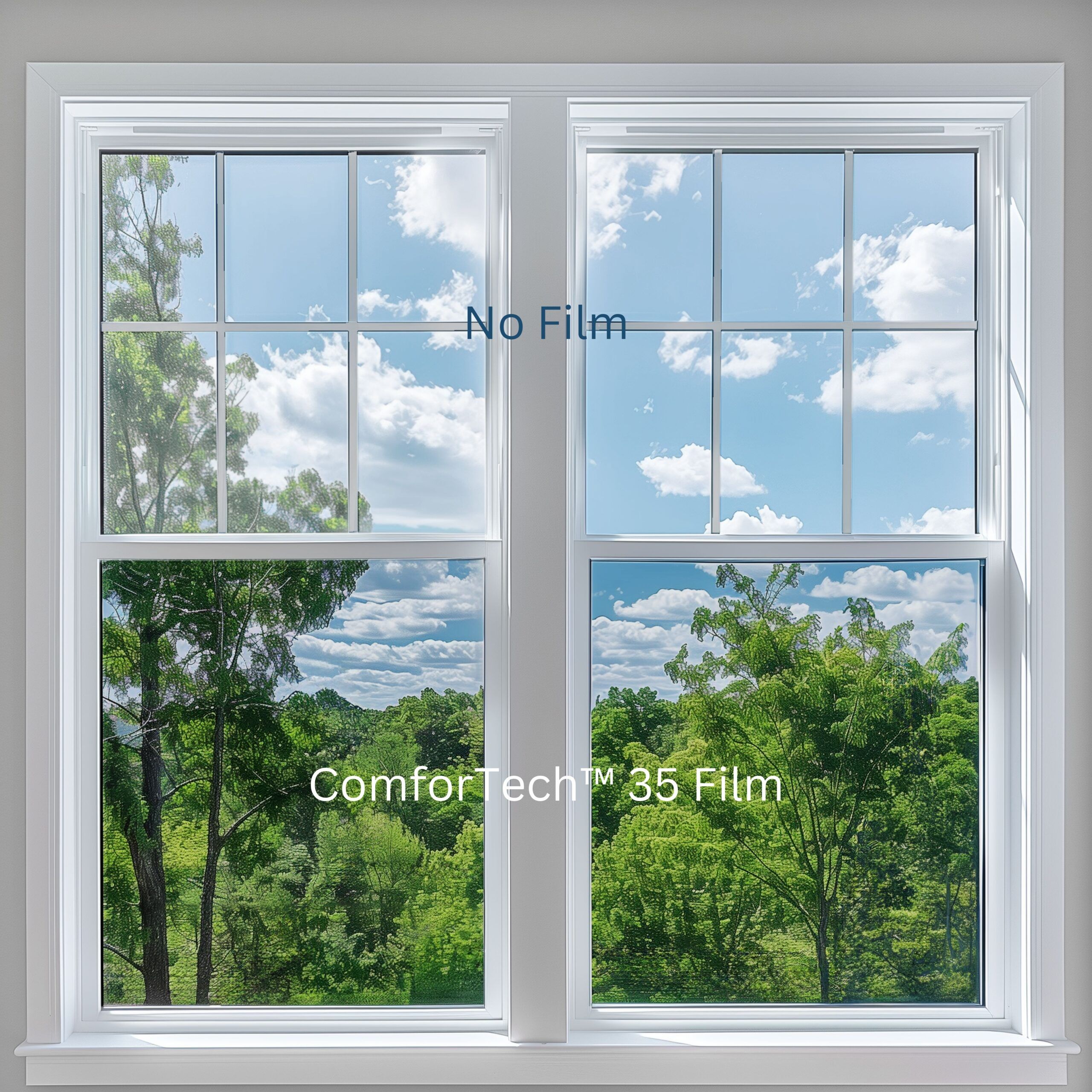Why Residential Window Tint is Perfect for Home Offices and Studies
Why Residential Window Tint is Perfect for Home Offices and Studies
Blog Article
How Residential Window Tinting Boosts Your Home's Energy Efficiency
Residential window tinting provides a compelling remedy for home owners looking for to improve power effectiveness within their space. By applying specialized movies to home windows, it properly lowers warmth transfer, thus stabilizing interior temperature levels and lessening the need for extreme heating or air conditioning. This not just cuts energy usage however additionally supplies an extra comfy setting by reducing glare. Nonetheless, recognizing the subtleties of just how tinting jobs and choosing the proper kind for your home can be critical. Curiously, what elements should one consider before making this investment?
Understanding Home Window Tinting
Comprehending window tinting is crucial for house owners looking for to improve both comfort and power effectiveness in their space. Residential Window Tint. Home window tinting involves the application of a thin movie to the inside or outside surface of glass home windows. This film can significantly modulate the amount of sunlight and warm that enters a home, hence affecting indoor environment problems
There are numerous sorts of window tinting films available, each with unique buildings. For example, colored movies absorb solar power, while reflective films disperse it away from the glass surface area. Ceramic movies provide a balance of visibility and warmth rejection, making them a preferred choice amongst property owners. The efficiency of home window tinting is frequently measured by its Visible Light Transmission (VLT) percent, which suggests just how much light can pass through the movie.
Benefits of Power Performance
Window tinting not just improves aesthetic appeals but likewise plays a significant duty in improving power efficiency within household areas. By lowering warm transfer via windows, colored movies produce an extra stable indoor environment, which can lead to considerable decreases in energy consumption for heating & cooling. This energy effectiveness converts into lower energy costs, offering home owners with considerable lasting cost savings.

Furthermore, window tinting boosts the convenience of living spaces. By decreasing glow and blocking harmful UV rays, colored windows develop a more pleasant setting, which can result in improved health for residents. The protection versus UV rays also assists preserve furnishings and flooring from fading, adding to the longevity of house items.
Just How Tinting Works
Tinting movies operate via a combination of sophisticated materials and innovations designed to manage the amount of solar power getting in a home. Mainly composed of Web Site polyester, these films usually integrate metal or ceramic bits that soak up and reflect warmth. This dual ability permits them to considerably lower the penetration of ultraviolet (UV) rays and infrared radiation while allowing noticeable light to travel through.
The effectiveness of home window tinting is gauged by its solar heat gain coefficient content (SHGC), which suggests just how much solar energy is sent with the window. Reduced SHGC values are more effective as they represent greater heat rejection. Furthermore, home window tints can feature a range of shades, allowing homeowners to tailor their visual choices while boosting energy efficiency.
Furthermore, these films function as an obstacle, protecting against heat loss during chillier months by showing indoor heat back right into the home. This thermal insulation result enhances the air conditioning benefits gained during warmer months, adding to a balanced indoor climate year-round. By managing solar energy efficiently, property home window tinting not just improves convenience yet additionally plays a vital role in reducing energy consumption and decreasing energy costs.
Picking the Right Color

There are numerous kinds of home window films available, including colored, metalized, and ceramic. Ceramic films offer exceptional warmth control without endangering visibility and are highly resilient, making them a prominent option.
Noticeable light transmission (VLT) is one more critical factor, as it indicates the amount of natural light that can go through the tinted glass. House owners must choose a color with a VLT that matches their illumination preferences while still supplying appropriate glare reduction.
Furthermore, evaluating the solar heat gain coefficient (SHGC) can help identify how well a tint can obstruct warmth from sunshine. A reduced SHGC suggests much better heat control, ultimately enhancing power performance.
Installment and Maintenance Tips
Appropriate installment and maintenance are essential elements in maximizing the benefits of household window tinting. Specialists likewise make use of specialized techniques and devices, which can improve the resilience and efficiency of the color.
Following setup, upkeep is essential to lengthen the life of the window movie. It is advised to wait at least 30 days prior to cleaning the tinted windows to allow the adhesive to cure fully.
In addition, normal inspections are advantageous. Look for any type of peeling or bubbling, which could suggest inappropriate installment or put on in time - Residential Window Tint. Dealing with these problems promptly can protect against further damage and maintain see power performance. By sticking to these installment and upkeep ideas, home owners can guarantee their home window tinting remains to supply considerable energy savings and comfort for several years ahead.
Verdict
In final thought, residential window tinting offers as an effective remedy for enhancing power performance within homes. By decreasing warmth transfer and blocking dangerous UV rays, window films add to decrease energy usage and improved indoor convenience.
Home window tinting involves the application of a thin movie to the inside or exterior surface of glass home windows. By lowering heat transfer with home windows, colored movies develop a more steady interior environment, which can lead to substantial reductions in energy usage for home heating and air conditioning.The performance of window tinting is measured by its solar warm gain coefficient (SHGC), which suggests how much solar energy is transferred through the window. By managing solar power properly, property home window tinting not only enhances comfort however likewise plays a crucial function in decreasing energy consumption and reducing utility expenses.
By decreasing warm transfer and blocking dangerous UV rays, home window movies contribute to reduce energy consumption and improved indoor convenience.
Report this page